Service charge accounting is a crucial aspect of property management, especially for landlords and property managers overseeing multi-tenant buildings; it helps build transparency, legal compliance, and satisfaction among tenants.
This blog post will outline the fundamental concepts of service charge accounting and your responsibilities, as well as tips for maintaining accurate records. Let’s get right into it.
What are service charges?
A service charge for a property is a payment collected by landlords or property managers from tenants to cover the costs of maintaining and managing communal areas and services in a multi-residential building.
For example, if a resident lives in a block of flats that includes a communal garden, the cost of maintaining that garden is covered by a charge that all residents contribute to. Other services typically include:
- general repairs and maintenance
- electricity bills for communal areas
- security costs, including CCTV systems
- cleaning of stairwells and other areas
- management fees for property managers
- reserve funds for future major repairs or replacements.
Services charges are usually paid in advance, and the frequency of payments is stated in the lease—usually quarterly, annually, or bi-annually.
What are service charge accounts?
Service charge accounts are a set of statements typically prepared yearly by landlords and given to leaseholders. They include the details of actual service charge income and expenditure for the year.
Accounts must comply with the obligations presented under sections 21 and 21A of the Landlord and Tenant Act 1985. Section 21 dictates that leaseholders have the right to request a summary of service charge expenditures. If section 21 is breached, the tenant can withhold the payment of the service charge, highlighting how important service charge accounting is.
Meanwhile, section 152 of the Commonhold and Leasehold Reform Act 2002 requires leaseholders to be given:
- annual income and expenditure accounts/statements
- balance sheet/balancing statements
Accounts must be provided within six months of year-end and accompanied by a qualified accountant report.
Tips for effective service charge management
So, service charge accounting is a legal responsibility placed on landlords and property managers. It also fosters trust between tenants and landlords. But what can you do to ensure effective service charge management?
- Accurate record-keeping: Maintain meticulous records of all service charge-related transactions when they occur. You can also use accounting software to help streamline this process and reduce the chance of errors.
- Regular reviews: Conduct regular reviews of the service charge budget and actual expenditure. This helps identify any discrepancies before they become real problems.
- Communication: Keep lines of communication open with tenants regarding service charge matters. This can help prevent disputes and foster cooperative relationships.
- Get the help of an accountant: While you are not legally required to work with an accountant while doing your service charge accounting, it’s a good idea to do so; that way, you unlock a lot of expertise that can help you down the line.
Get in touch with us today
Service charge accounting is a vital aspect of property management that requires careful planning, transparent communication, and strict adherence to legal requirements.
If you want some help with your duties, get in touch with us today; we’ll use our expertise to help you succeed.







